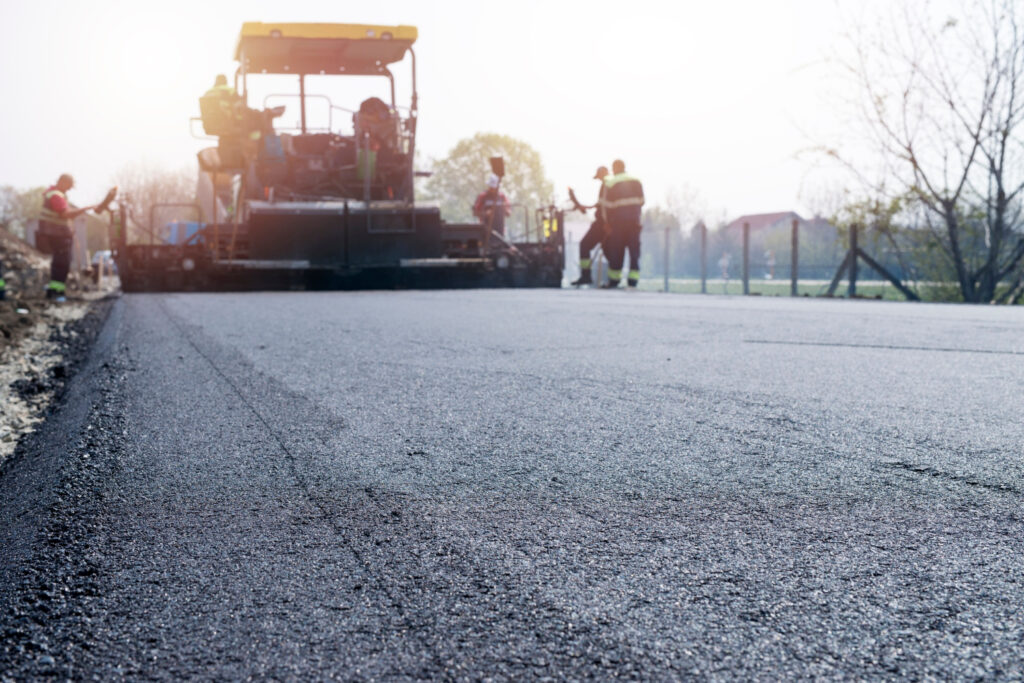Introduction: Asphalt, the unassuming material that blankets our roads, driveways, and parking lots, holds significant potential for a sustainable future. In this blog post, we will delve deeper into the world of asphalt and explore how this versatile substance is evolving to meet the challenges of environmental sustainability and contribute to a greener tomorrow.
- The Evolution of Sustainable Asphalt: Asphalt is undergoing a transformation, driven by the urgent need to reduce our carbon footprint. Researchers and industry experts are working tirelessly to develop sustainable asphalt solutions that minimize environmental impact. Innovations include the use of warm-mix asphalt, which reduces energy consumption and lowers greenhouse gas emissions during production, as well as the integration of recycled materials like reclaimed asphalt pavement (RAP) to decrease the demand for virgin aggregates and minimize waste.
- Porous Asphalt: Promoting Natural Water Management: Traditional impermeable road surfaces contribute to stormwater runoff, which can overwhelm drainage systems and lead to pollution of water bodies. Porous asphalt offers a solution by allowing water to pass through the pavement and infiltrate the ground. This type of asphalt helps mitigate flooding, replenish groundwater supplies, and reduce the strain on stormwater infrastructure, ultimately promoting sustainable water management in urban environments.
- Cool Pavements: Combating Urban Heat Islands: Urban heat islands, characterized by elevated temperatures in densely populated areas, pose significant challenges for cities worldwide. Asphalt has a role to play in mitigating this issue through the use of cool pavements. These light-colored or reflective surfaces reduce the absorption of solar radiation, lowering surface temperatures and alleviating the heat island effect. Cool pavements not only contribute to a more comfortable urban environment but also help reduce energy consumption by decreasing the demand for air conditioning.
- Asphalt Recycling: A Circular Economy Approach: The concept of a circular economy emphasizes reducing, reusing, and recycling materials. Asphalt recycling aligns perfectly with this approach. By reclaiming and reusing existing asphalt, we can minimize the extraction of new resources and divert waste from landfills. Recycled asphalt not only helps preserve natural resources but also offers economic benefits by reducing the costs associated with new material production.
- The Future of Asphalt: Innovations on the Horizon: The asphalt industry is constantly evolving, driven by ongoing research and technological advancements. One exciting area of development is the integration of sustainable additives, such as bio-based materials or waste byproducts, to enhance the performance and environmental profile of asphalt. Additionally, emerging technologies like 3D printing and smart asphalt are poised to revolutionize the way we construct and maintain roads, making them more efficient, durable, and eco-friendly.
Conclusion: Asphalt is far more than a simple road surface; it is a catalyst for sustainable change. Through innovations in production, the adoption of porous and cool pavements, asphalt recycling, and ongoing research into new technologies, the asphalt industry is making great strides towards a greener future. By embracing these sustainable practices and encouraging further advancements, we can pave the way to a more environmentally friendly world, where asphalt not only connects us but also supports a healthier and more sustainable planet for generations to come.


















